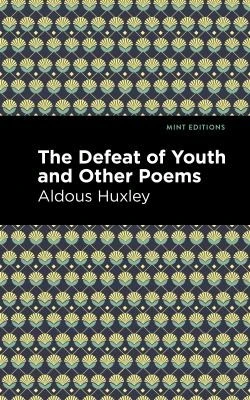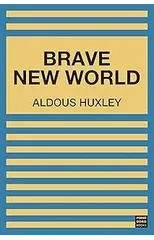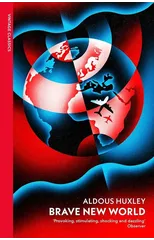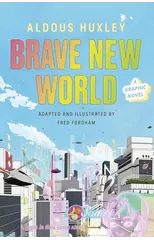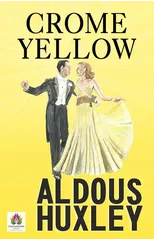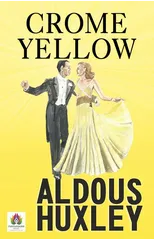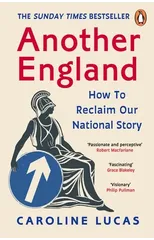The Defeat of Youth and Other Poems (1918) is a collection of poems by English author Aldous Huxley. Although Huxley is known foremost as a novelist, his poetry exhibits a mastery of language and an uncommon sense of the music inherent to words. The Defeat of Youth and Other Poems is his third poetry collection. "The Defeat of Youth" is a moving sonnet sequence on the passage of innocence to experience, on familiar transformation of love into lust. Capturing the experience of youthful attraction, Huxley imagines the moment in which the beloved "leans, and there is laughter in the face / She turns toward him; and it seems a door / Suddenly opened on some desolate place / With a burst of light and music." As the young man awakens to the life of another, his vision turns tragically pure, molding an image of "immanence divine," a face "in a flash of laughter" and a "young body with an inward flame." As the poem unfolds, however, he feels only shame to have touched "things deadly to be desired." Throughout this collection, Huxley explores the poet's tendency to sing and to praise the world's fleeting beauty while "[o]ther young men have been battling with the days / And others have been kissing the beautiful women." The Defeat of Youth and Other Poems is the work of a poet uncertain of his visionary gift, doubtful of his art's worth or purpose, yet sure of the power of language. With a beautifully designed cover and professionally typeset manuscript, this edition of Aldous Huxley's The Defeat of Youth and Other Poems is a classic of English literature reimagined for modern readers.
Aldous Huxley
Aldous Huxley was a British writer and philosopher known for his dystopian novel "Brave New World," published in 1932. His works often explored themes of technology, society, and the human condition. Huxley's writing style was characterized by his use of satire and wit, as well as his keen observations of society. He was a prominent figure in the literary genre of dystopian fiction, influencing writers such as George Orwell and Margaret Atwood. In addition to "Brave New World," Huxley's other notable works include "Point Counter Point" and "The Doors of Perception." His contributions to literature continue to be celebrated for their thought-provoking commentary on the complexities of human existence.
